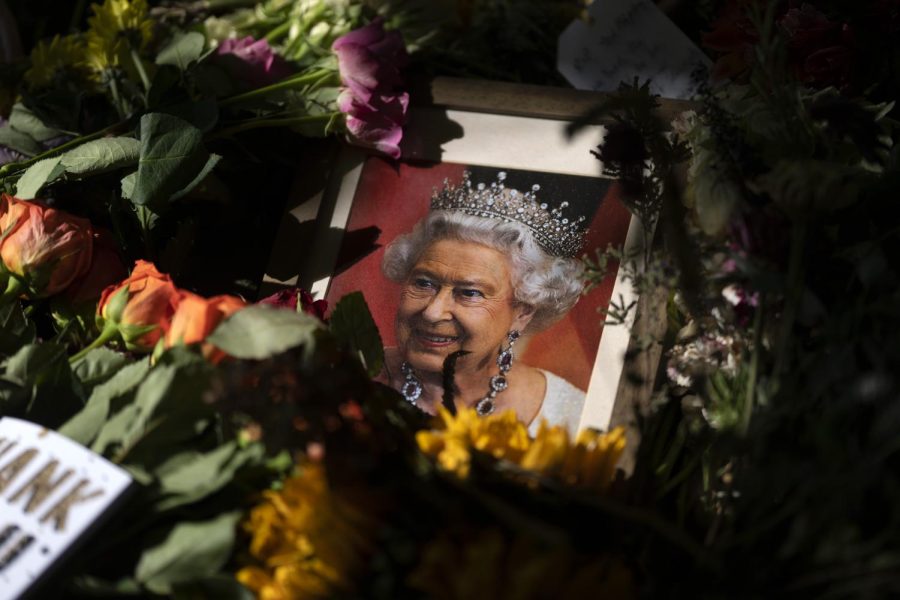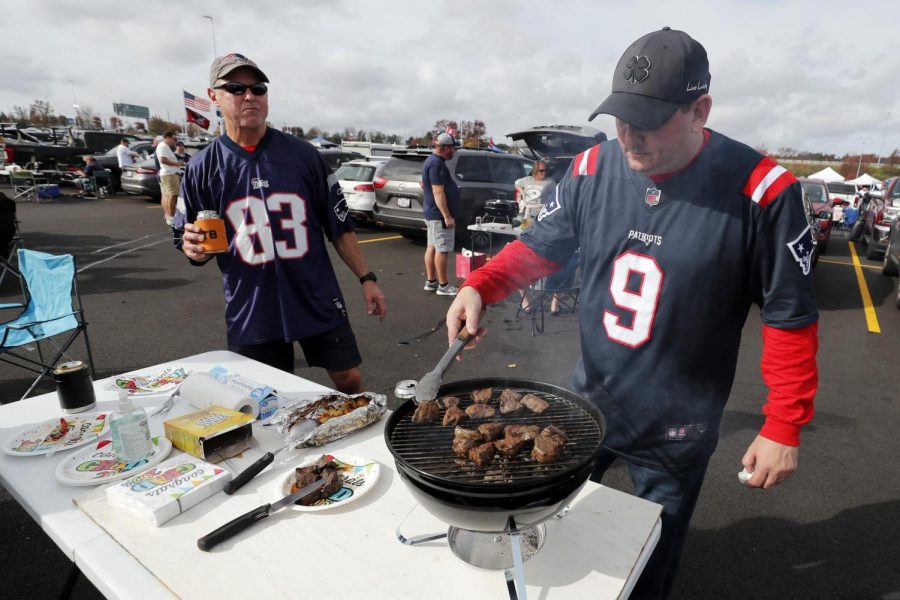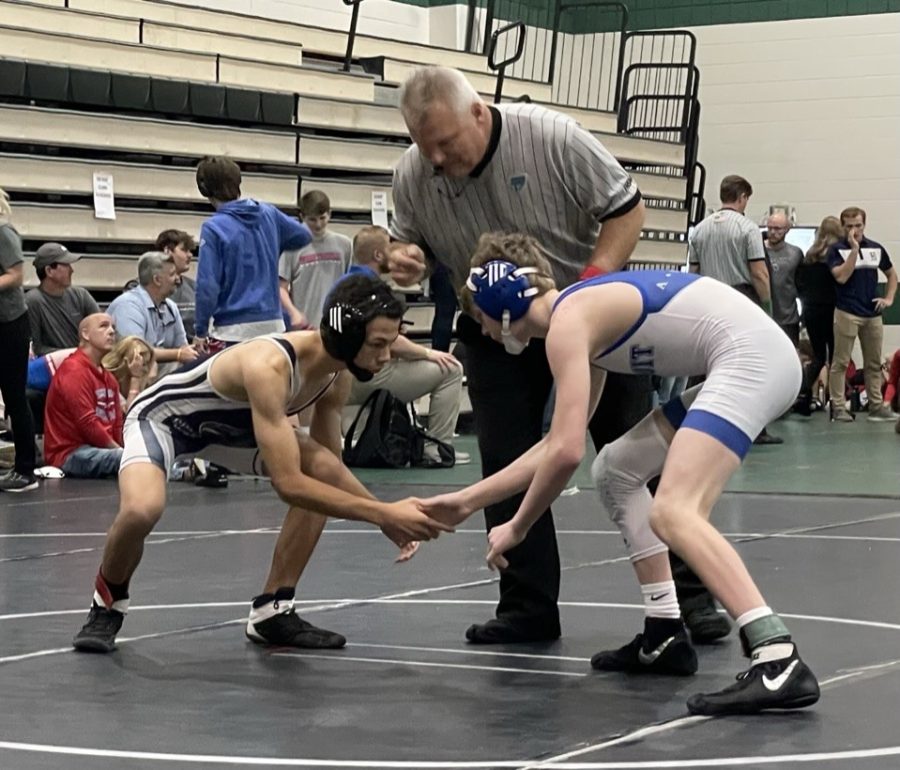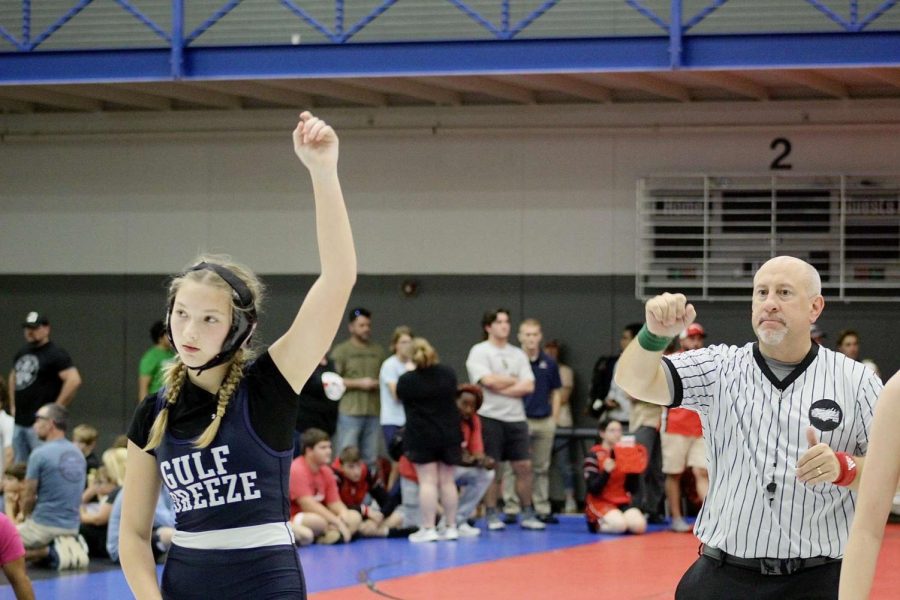18-year old’s can die for our country but can’t have a drink
December 27, 2022
Interviewing a young aspiring Marine, Cameron Kosko, of the 18-year-old draft policy but a 21-year-old drinking policy his response was, “It’s a really back and forth subject, I think 18-year old’s should be mature enough to make that decision whether they want to be another statistic for abusing alcohol within the US, or a mature young adult that doesn’t abuse that privilege. I feel like drinking all comes down to parenting and how they were brought up around alcohol.”
According to the National Institute on Alcohol Abuse and Alcoholism in 2019 25.8 percent of people ages 18 and older reported that they engaged in binge drinking in the past month.
I asked a parent and world traveler, Liz Smith, for their take on how parenting and alcohol, “It would be best that parents teach the responsibilities of drinking in their homes before kids go off to college.” The kid that has no experience or education around alcohol is typically the one to go buck wild at the first college party and is brought home in an ambulance. It is important to have an open relationship with parents about this topic to deter that.
As a military brat, my family and I were stationed overseas. I grew up in a European culture. One of the biggest differences between Americans and Europeans is the alcohol culture. I’m not the only one with this consensus, my mother said, “Europe has proven the benefits of responsible alcohol consumption from young adults versus binge drinking.”
Most of my family friends were Belgian, French, Greek, and Italian; all had siblings of the age of 16-18. It was socially acceptable for a child to have a glass of wine with dinner with the family, whereas in the US, it is not unless you are 21 or older.
When I played soccer overseas in Belgium, there was a “pub” at every soccer pitch. The pub served alcohol and would typically be bought by all parents and teens at the pitch. Anyone going to the local pitch lived within walking distances. Most 16-year old’s and up had their first drinks with their parents and friends at that pub. They were brought up in an environment where it was acceptable to drink and were taught to take their time. It was no rush, it was about having a good time with family and friends.
When I moved to the states I saw older siblings binge drinking alcohol before events because they knew they couldn’t bring the alcohol with them. This, more often than not, led to an unpleasant evening and at one point led to a girl’s stomach being pumped. The way most American teens are brought up around alcohol is toxic. The idea that you need to hide it from your parents and perform the activity in secrecy leads to binging, accidents, and a sketchy relationship with your parents.
I interviewed a GBHS AP Government Teacher educated on this topic of lowering drinking age within the US gov. Mr. Ford said, “People should stop abusing alcohol to start with. I think that’s the first priority issue that needs to be resolved before lowering the drinking age.” Mr. Ford’s take is ultimately the action we need to respond to first before lowering the drinking age.




















